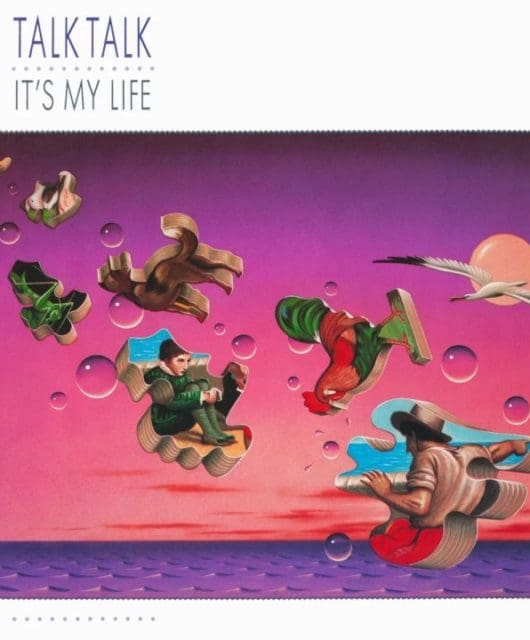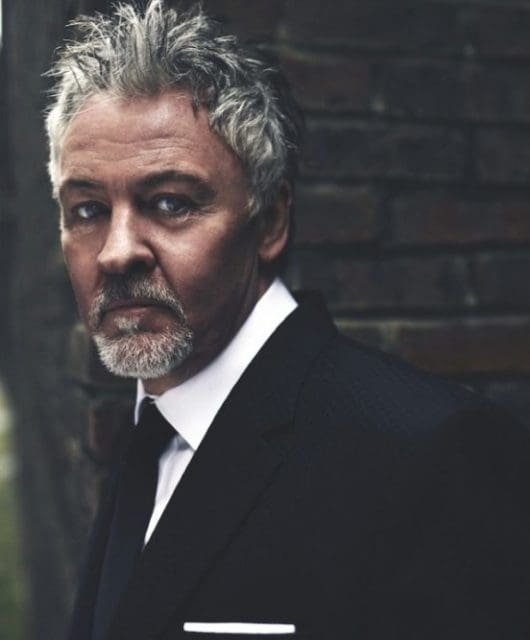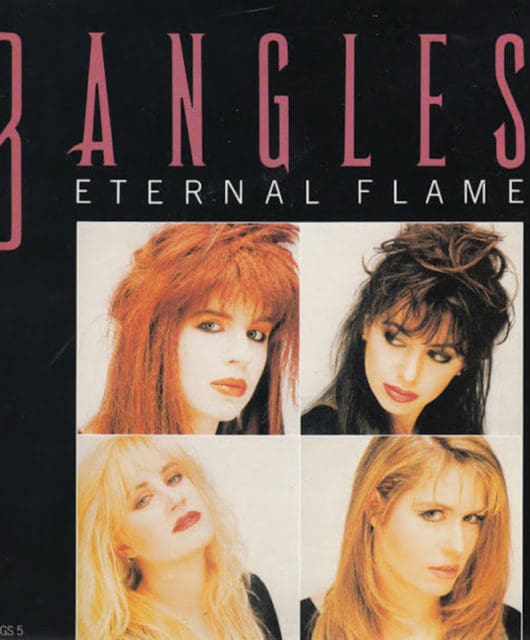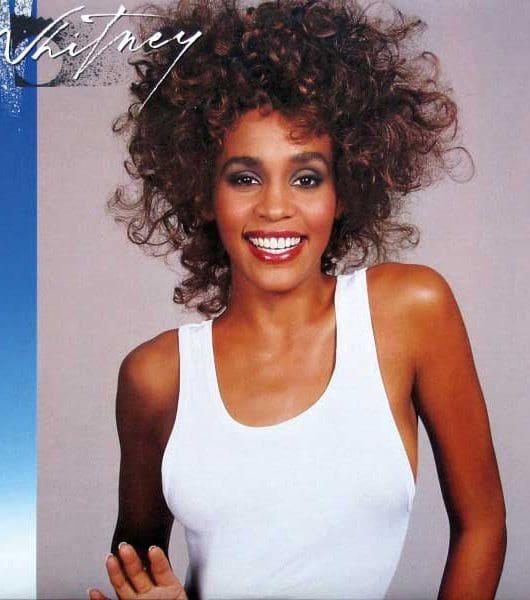Popscene – Hi-NRG
By Steve O'Brien | December 14, 2023
 We spotlight Hi-NRG – the turbo-charged dance music that toughened up disco…
We spotlight Hi-NRG – the turbo-charged dance music that toughened up disco…
Hi-NRG – what is it?
Whether or not the shameful Disco Demolition Night (where a giant crate of disco records was blown up at Chicago’s Comiskey Park) on 12 July 1979 had anything to do with the death of disco in the final months of the 70s is debatable, but certainly it was already in the rear-view mirror culturally by the early 80s.
In its place was Hi-NRG, a sort of turbo-charged disco that powered its way through the gay American nightclub scene like a Hennessey Venom F5.
Hi-NRG tracks are generally typified by staccato hi-hat rhythms, reverberated vocals, simple octave basslines and a tempo between 120bpm and 140bpm.
Altogether, they have a tougher, faster, increasingly rock-like sound than the more commercially-driven disco.
Unlike most musical genres, its origins can be traced to a single song – Donna Summer’s Giorgio Moroder/Pete Bellotte-produced I Feel Love from 1977.
That track’s insistent four-on-the-floor bass drum and off-beat hi-hat would provide the template for the Hi-NRG revolution, even giving the genre its name, when Summer described the song as having a “high energy vibe”.
Though Hi-NRG was born in the gay American club scene, it very quickly migrated out with Stock Aitken Waterman giving it a commercial polish for the UK market with tracks such as Dead Or Alive’s You Spin Me Round (Like A Record).
In the mid-80s the genre was so popular that magazines such as Record Mirror (over here) and Dance Music Report (in the States) were even publishing weekly Hi-NRG charts.
However, Hi-NRG’s time in the sun would be short. By the late 80s, it would give way to techno and house, just as disco had feathered the nest for Hi-NRG 10 years before.
Its legacy would live on in EDM and trance, and the name is still used occasionally to describe the odd club-targeted remix.
Essential singles
Donna Summer – I Feel Love (1977)
The Queen Of Disco’s 1977 album I Remember Yesterday was conceived with the idea of having each track evoke a different musical decade, with I Feel Love representing the future.
It’s true that nothing else in 1977 sounded like it, and its unique, pioneering sound propelled it to No.1 in the UK and No.6 on the Billboard chart in the United States.
It would prove one of the most influential songs in music history, with Brian Eno famously telling Bowie that he’d heard “the sound of the future”. And 46 years on from its release, it still sounds like it’s time travelled from the 22nd century.
Sylvester – You Make Me Feel (Mighty Real) (1978)
A club hit before it was officially released as a single – DJs had started spinning this when it was the B-side to Dance (Disco Heat) from Sylvester’s album Step II – You Make Me Feel (Mighty Real) would be the only UK Top 10 hit for the flamboyant Los Angeles-born singer.
Amazingly, the song was originally waxed as a piano-driven gospel number, only to be revved up by a clearly I Feel Love-influenced Patrick Cowley to become the Hi-NRG classic we know today.
In 2022, Time Out magazine ranked it No.8 in their list of The 50 Best Gay Songs To Celebrate Pride All Year Long.
Sparks – The Number One Song In Heaven (1979)
Giorgio Moroder brought his Hi-NRG mojo to Ron and Russell Mael’s eighth album, No.1 In Heaven and sent its second single, The Number One Song In Heaven, not quite to the top of the charts, but a rather respectable No.14 in the UK.
A massive sonic departure for the group, it’s a track that provided the template for Pet Shop Boys and a dozen other electropop bands of the 80s.
Essential names
Patrick Cowley
A close collaborator of Sylvester (Cowley played synths on Sylvester’s 1978 album Step II in addition to writing the title track and I Need Somebody To Love Tonight for the singer’s 1979 follow-up Stars). He was also a member of Sylvester’s live band and joined him on several world tours.
As a solo artist, Cowley’s hits included the gay club anthems Menergy and Megatron Man (both 1981) and he shared vocals with Sylvester on the No.32-charting UK hit Do Ya Wanna Funk.
It was during one world tour with Sylvester in late 1981, that Cowley complained of feeling unwell, and, after returning to the US, he was diagnosed with HIV, dying on 12 November 1982, aged 32.
Ian Levine
In the 70s, Levine had made his name as a Northern Soul DJ, but as the resident disc-spinner at London’s celebrated Heaven nightclub in the 80s he would help popularise Hi-NRG across the UK.
As a producer, he was also responsible for many homegrown Hi-NRG numbers, through his work at Record Shack Records.
Notable releases from this time on the label include Miquel Brown’s So Many Men, So Little Time and Evelyn Thomas’ High Energy.
Levine also briefly took Take That in a Hi-NRG direction for three tracks on their debut studio album, 1992’s Take That & Party, and worked his remix magic on artists such as Hazell Dean, Bronski Beat and Pet Shop Boys.
Bobby O
Oft mentioned as one of the founding fathers of Hi-NRG, it was Bobby Orlando (known as Bobby O) that Neil Tennant sought out when, in 1983, he was sent, as assistant editor at Smash Hits, to New York, ostensibly to interview The Police.
A massive fan of Bobby’s work, Tennant convinced the producer to work on their first single, the original version of West End Girls.
Orlando would become one of the most sought-after producers of the decade, via a multitude of disco and Hi-NRG releases on his label, O Records.
A student of Giorgio Moroder, Orlando’s galloping basslines would grace the work of artists such as Divine with Native Love (Step By Step) as well as his own (She Has A Way).
- Want more from Classic Pop magazine? Get a free digital issue when you sign up to our newsletter!

Steve O'Brien
Steve O’Brien is a writer who specialises in music, film and TV. He has written for magazines and websites such as SFX, The Guardian, Radio Times, Esquire, The New Statesman, Digital Spy, Empire, Yours Retro, The New Statesman and MusicRadar. He’s written books about Doctor Who and Buffy The Vampire Slayer and has even featured on a BBC4 documentary about Bergerac. Apart from his work on Classic Pop, he also edits CP’s sister magazine, Vintage Rock Presents.www.steveobrienwriter.com





